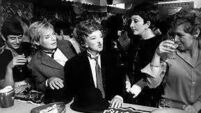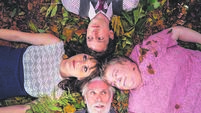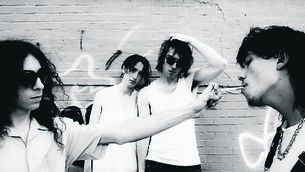We catch up with Japanese trumpeter Takuya Kuroda ahead of his sell-out gig at Cork Jazz Festival
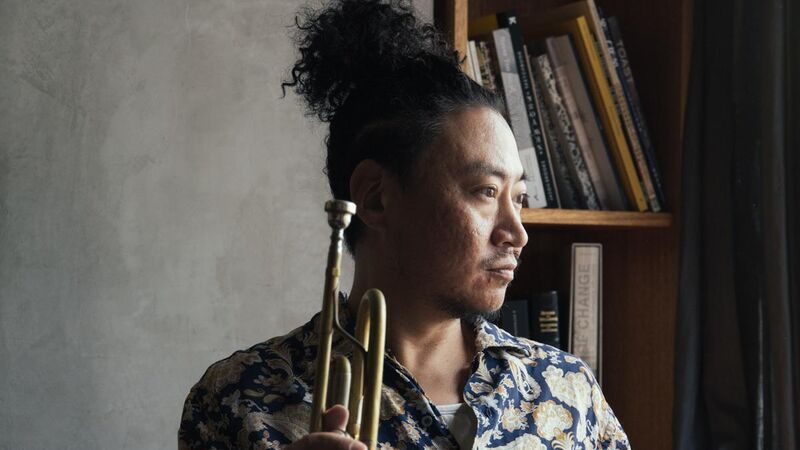
Takuya Kuroda plays Triskel in a sold-out gig this Friday.
I find Takuya Kuroda in his hotel, enjoying a four day break with his band in Turkey. He looks a picture of relaxation.
“As a trumpet player we can’t really have five days off,” he shares.
Even so, the band managed to find a gig at a local club, and outside of that they’ve been playing basketball.
“They love basketball, Takuya explains, “and they found a court. We play with the locals.”
I caution against such activities. As a trumpet player, a basketball could land awkwardly on his outstretched fingers causing an unwelcome injury. But Kuroda laughs in the face of such trifles.
“Miles Davis used to do boxing,” he says with a satisfied smile, “so you know.”
Well, Miles Davis did a lot of things that I would not recommend anyone do. However, greater influence on the musical career of Takuya was the great swing jazz bandleader Count Basie.
“That was my introduction to jazz,” he nods. Growing up in Kobe, Japan, Takuya followed his older brother into the school jazz band.
“I was kind of lucky with the junior high school I went to,” he recalls. “Usually in Japan there is not so much jazz bands in the school, but the one that me and my brother went to, they had a jazz big band. So as a typical younger brother following what your big brother is doing, to me it was kind of natural following my brother. He was playing trombone so I kind of automatically picked up the trumpet.”
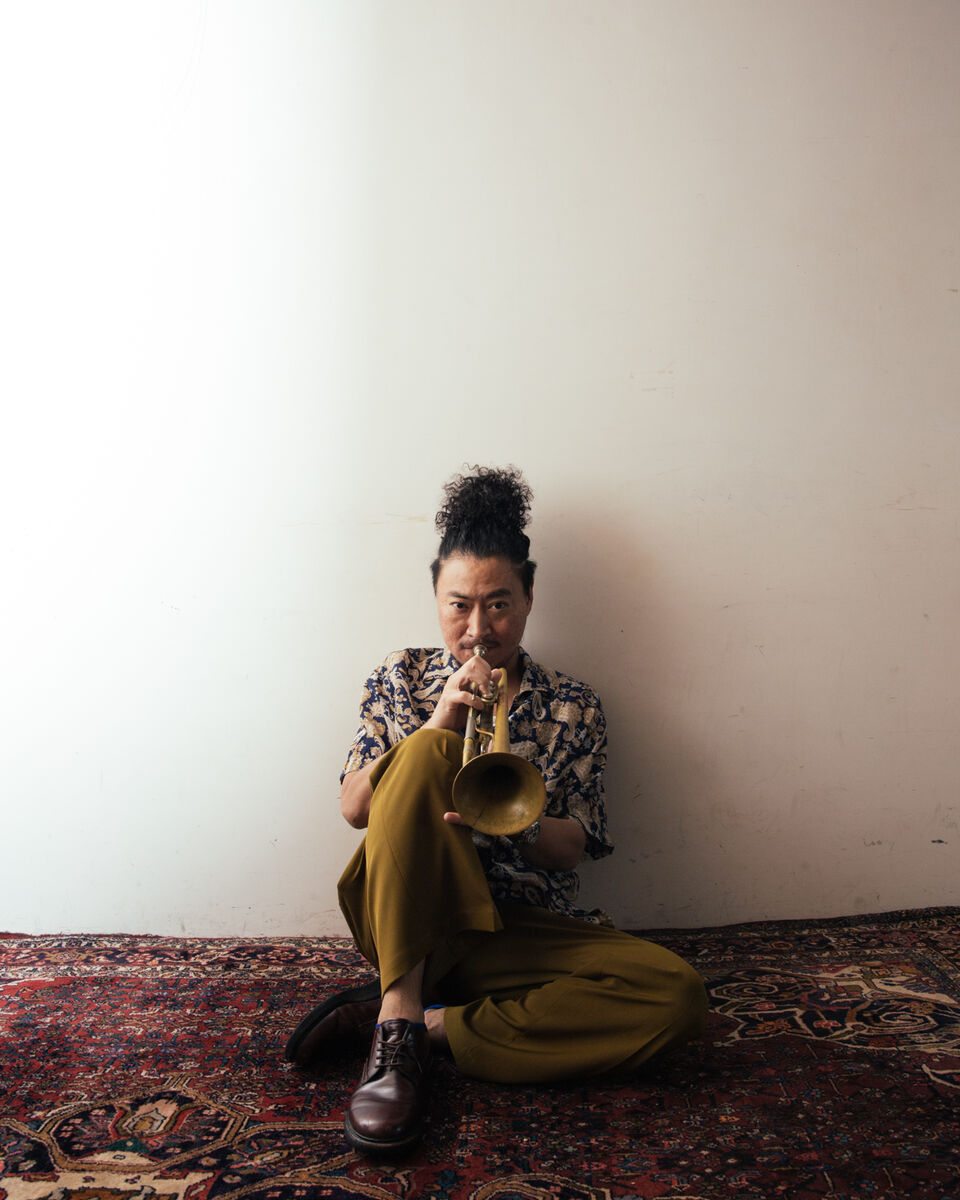
Basie’s brand of big band jazz proved to be a defining influence on him when he arrived at The New School in New York to study jazz and contemporary music.
“I think being able to play the melody on the trumpet, that traditional American jazz way, learning how to do it at an earlier age as a teenager was so crucial and important,” he considers.
.
“Just knowing how to play that kind of melody, blues and rhythm changes - the basic stuff - it really helped me. I realised later in my life how important it was.”
A shared understanding of this forms the basis for the musical shorthand and connection points with other musicians.
“It’s just how I hear music and how I take a solo, how I take melodies, especially based on
Count Basie’s,” he outlines.
“Just very simple, strong melody, laid back. You know, we recognise each other in the musician's world.”
Early on in his musical journey, as he was attempting to make his way as a musician, he encountered a musical genre that initially took him out of his comfort zone, but a knowledge of it has become a prerequisite in becoming a part of his band. The music is Afrobeat, and he was introduced to it when he joined Brooklyn’s Akoya Afrobeat ensemble as a fresh-faced graduate.
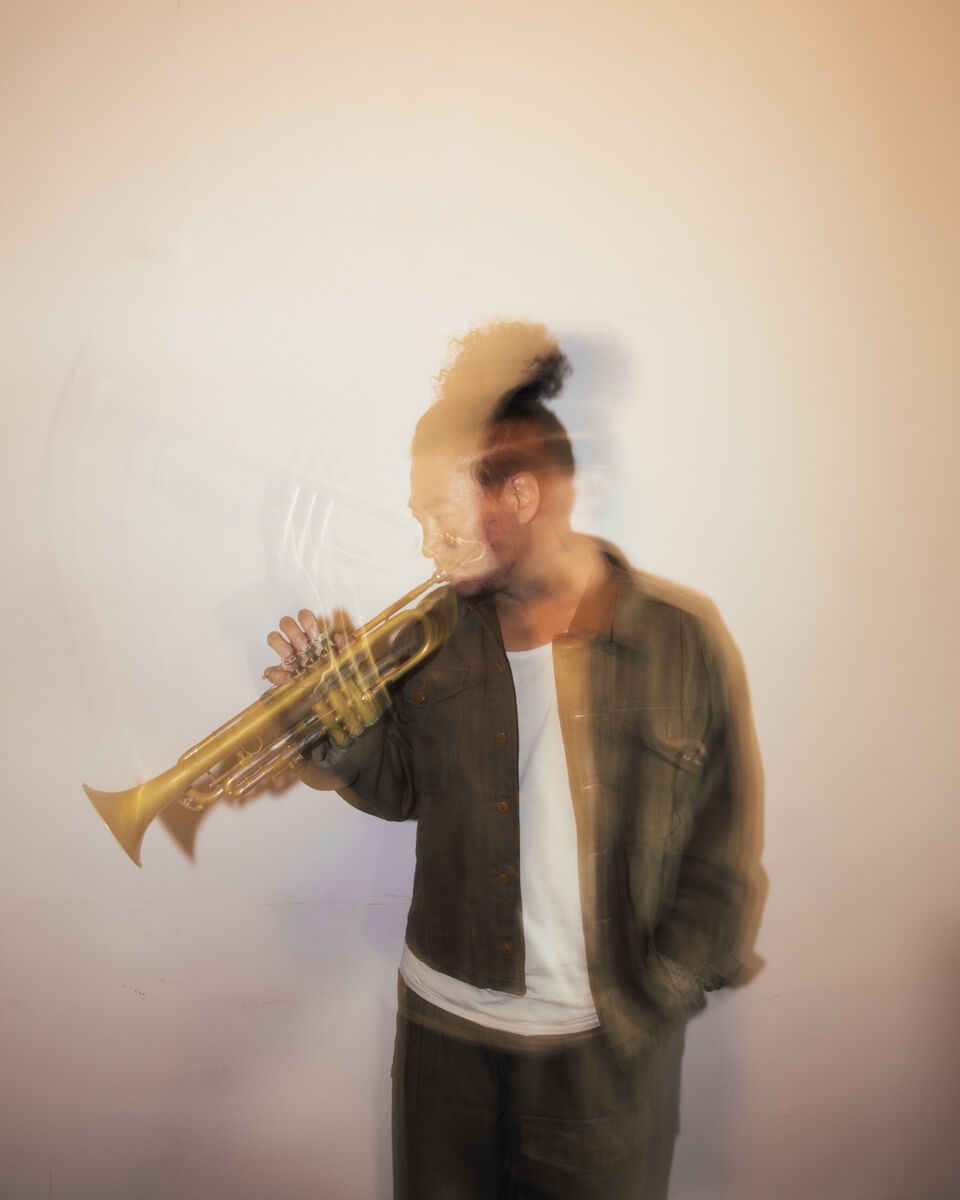
“To be a musician in New York, especially at the earlier stage of it, you have to take all the gigs,” he counsels. ”It’s just surviving. I used to do a church gig in the morning, a salsa gig in the afternoon, jazz gig in the nighttime, and maybe one more after that. And Akoya Afrobeat was just one of them. I got a gig offer: Let’s take it - 50 bucks a show.
“And then, the music. I didn’t know the music at all and since I joined the band I got so attracted and I kinda fell in love with it. It’s so different from the jazz I had been playing at the time. Especially playing a show with them. Like how the audience go crazy, and playing one song that is like 30-minutes long. I was like, ‘woah, what is this!’
"It’s more complicated than how it sounds.”
After self-releasing a couple of albums at the beginning of the last decade, Takuya’s profile rose dramatically when he released the Rising Sons album on Blue Note in 2014, becoming the first Japanese artist to sign to the iconic label. Its mix of fusion, funk and Afrobeat with contemporary sounds won him plaudits, and it also propelled him to the top of Japan’s jazz charts. It certainly had a dramatic effect on his profile.
“It was crazy,” he relates. “I was on the back cover of the biggest jazz magazines in Amsterdam. Not only that, people just recognised me on the subway in New York - ‘Yo, I’m listening to your shit right now,’ and they’re showing me their iPhones. That kind of stuff. It’s an unbelievable feeling and experience.
“But it didn’t last long though, because being honest, even though you made a debut on Blue Note doesn’t necessarily mean you’re good for the rest of your life. I’m sure I got humbled. I didn’t really take it as I’m a star or something, but I do remember all the gigs didn’t last as long as I was expecting. So I needed to do more albums and I realised that, ‘oh, shit, I have to keep going.’”
Since then he has found a home at London indie First Word and has released two albums with them, 2020’s Fly Moon Die Soon and 2022’s Midnight Crisp. Takuya likes their ability to move on things quickly.
“Sometimes when you are dealing with a bigger organisation, the one little move takes days and weeks and months. For me, as an artist, to be able to see their enthusiasm for my music, it really helps me.”
This is his first visit to Ireland as a band leader, but he had been to Dublin before as part of José James’ band.
“I remember I went to a bar for Guinness,” he exclaims. I liked it. The drummer from José James, he’s obsessed with Guinness.”
When it comes to his own band members, what does he look for, apart from playing basketball?
“The drums are important,” he says, “to be able to play real pocket, like r & b funk, understanding old school, and new school. And knowing Afrobeat.”
And the horn players?
“I just need a strong voice next to me supporting my melodies. To be able to take a solo and step up. I almost want them to just steal the show. I want the audience to feel like, ‘oh, wow! Takuya’s band is incredible.’ Of course, as a leader, I want to get credit too - ‘Takuya is great.’
“I just understand, this kind of music, you can’t just do it by yourself.”
He considers this for a moment and smiles.
“I guess the same as basketball.”
Takuya Kuroda plays Triskel on Friday 25 at 18:30. Sold Out.
